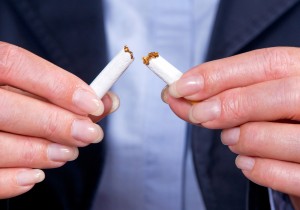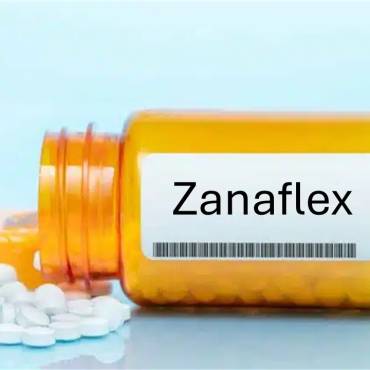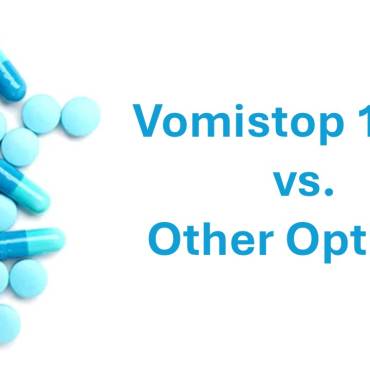Nearly everyone has experienced heartburn at some point in their lives. It’s that burning sensation one feels in the chest region from time to time that leaves one feeling queasy. So what exactly is heartburn? Technically, heartburn or GERD (Gastroesophageal Reflux Disease) is problem of the digestive system that occurs when the food and/or the digestive acids in your stomach travel the wrong way back into your esophagus.
When that happens, you experience chest aches along with a burning sensation, sometimes along with halitosis, or bad breath. It can be quite unpleasant, and most people would you do anything to get rid of that feeling. Fortunately it is easy to prevent heartburn or GERD, or at least reduce their frequency by following these easy tips.
A common question you may ask is how to avoid heartburn completely? Now it is impossible to eliminate this aliment completely, but you can definitely reduce both its intensity, and the frequency with which it occurs by following these guidelines:
1. Eat small meals frequently
The food that we eat is more than often the main culprit for the occurrence/recurrence of GERD symptoms. Eating meals till your stomach is really full may lead to the LES (Lower Esophageal Sphincter- a valve-like structure between your stomach and esophagus) to relax. When that happens, the stomach acids may be pushed back up into your esophagus, resulting in a heartburn.
Eating several small meals through the day is one of the many ways to reduce heartburn. Change the norm of having a heavy breakfast, lunch, and dinner. Also, avoid having your dinner right before your bedtime, as that can cause heartburn to flare up periodically.
2. Avoid eating too fast
There is a reason why we are always advised to eat slowly. Gobbling up food too fast makes it harder for your system to digest it normally. That makes you prone to suffer from poor digestion, which in turn amplifies your chances of experiencing heartburn.
Try some of the following tips to slow down your eating speed:
- Keeping your fork or your spoon down on the plate in between two morsels
- Chew your morsel fully before you swallow it
- Chew at least 20 times before your next morsel
- Eat smaller portions in every bite
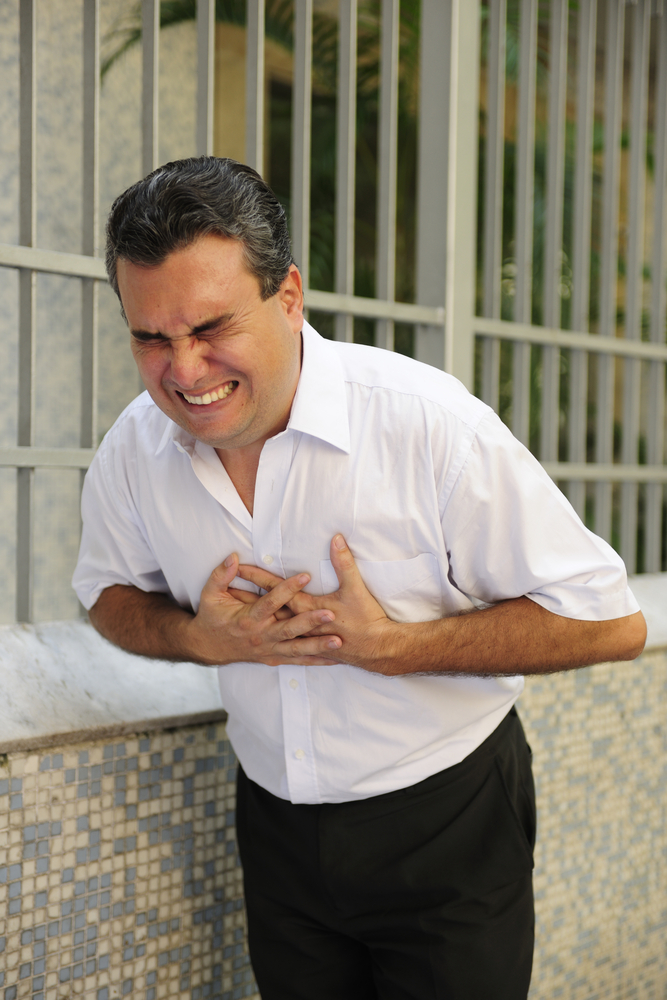 3. Avoid foods that can potentially set off a heartburn
3. Avoid foods that can potentially set off a heartburn
Heartburn occurs when: (a) The LES loosens up when it should not, causing the acid to back up in your esophagus, (b) When too much acid is produced in the stomach
Some of the foods that help relax the esophagus and must be avoided are:
- Greasy food (includes food that is fried)
- Meat that is high in fat content
- Sauces with creamy bases
- Dairy products made using whole-milk
- Foods containing chocolate
- Foods containing peppermint
- Beverages with caffeine in it (like soft drinks, coffee, tea, cocoa, etc)
Some of the foods that trigger acid production in the stomach include:
- Beverages high in caffeine
- Carbonated beverages like soda pop
- Alcoholic beverages
- Hot, spicy food
- Citrus fruits and citrus juice (e.g., orange, grapefruit)
- Tomato-based products
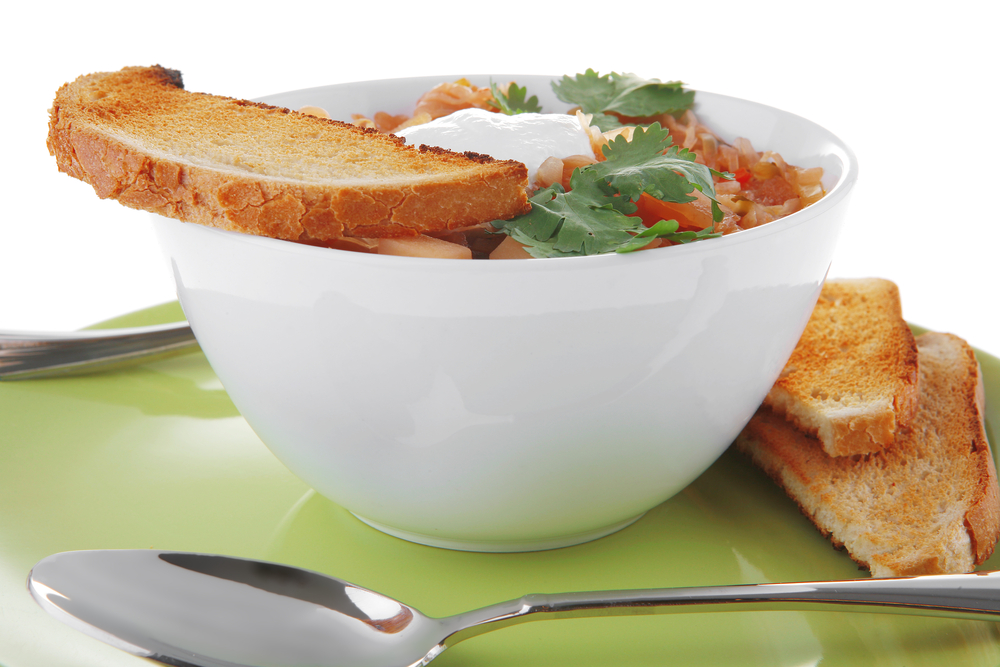 4. Avoid going to bed right after eating
4. Avoid going to bed right after eating
Never go to sleep right after you eat. Doing so causes the undigested food in your stomach to press against the LES. This increases the chances of food to reflux back into esophagus.
You can avoid it by:
- Going to bed two to three hours after your meal
- Shunning from late night snacks
- Having heavy meals at dinner. If unavoidable, have a heavy meal at lunch instead.
5. Lying flat when you sleep
Lying down flat when you sleep causes the contents in your stomach to press against the LES. Keeping your head at a higher level than your stomach helps to bring down this pressure, as gravity automatically drags the food down. So, use a pillow that is shaped like a wedge under your head and shoulders.
Smoking not only causes recurring heartburn, but may also lead to cancer. It increases the frequency and/or intensity of the heartburn by:
Reducing the production of saliva
Since the human saliva is alkaline, it automatically neutralizes the acid content in your stomach. Saliva also reduces heartburn by coating the esophagus, thus minimizing the effects of acid that is refluxed into the esophagus, by driving it back to the stomach.
Increasing the production of stomach acid
Smoking intensifies the production of stomach acid. Smoking is also responsible for the movement of bile salts from the intestine to the stomach. This in turn makes the stomach acids more dangerous.
Hinders the functioning of the LES
Smoking relaxes down the LES, thereby causing the stomach contents to reflux back up into your esophagus.
Causes damage to your Esophagus
Smoking may damage your esophagus, making it more susceptible to damage from acid reflux.
GERD, without a doubt, is extremely unpleasant to experience. While eliminating it is impossible, you can cut down its frequency and/or its severity by implementing the tips mentioned above in your daily routine. If you experience severe heartburn, you can always use medications for heartburn like antacids, that are conveniently available over-the-counter (OTC) in your local pharmacy. They can also be easily ordered through any online pharmacy. In certain cases, heartburn may persist even after taking these OTC medications. In that case, you must seek the help of your physician immediately.

